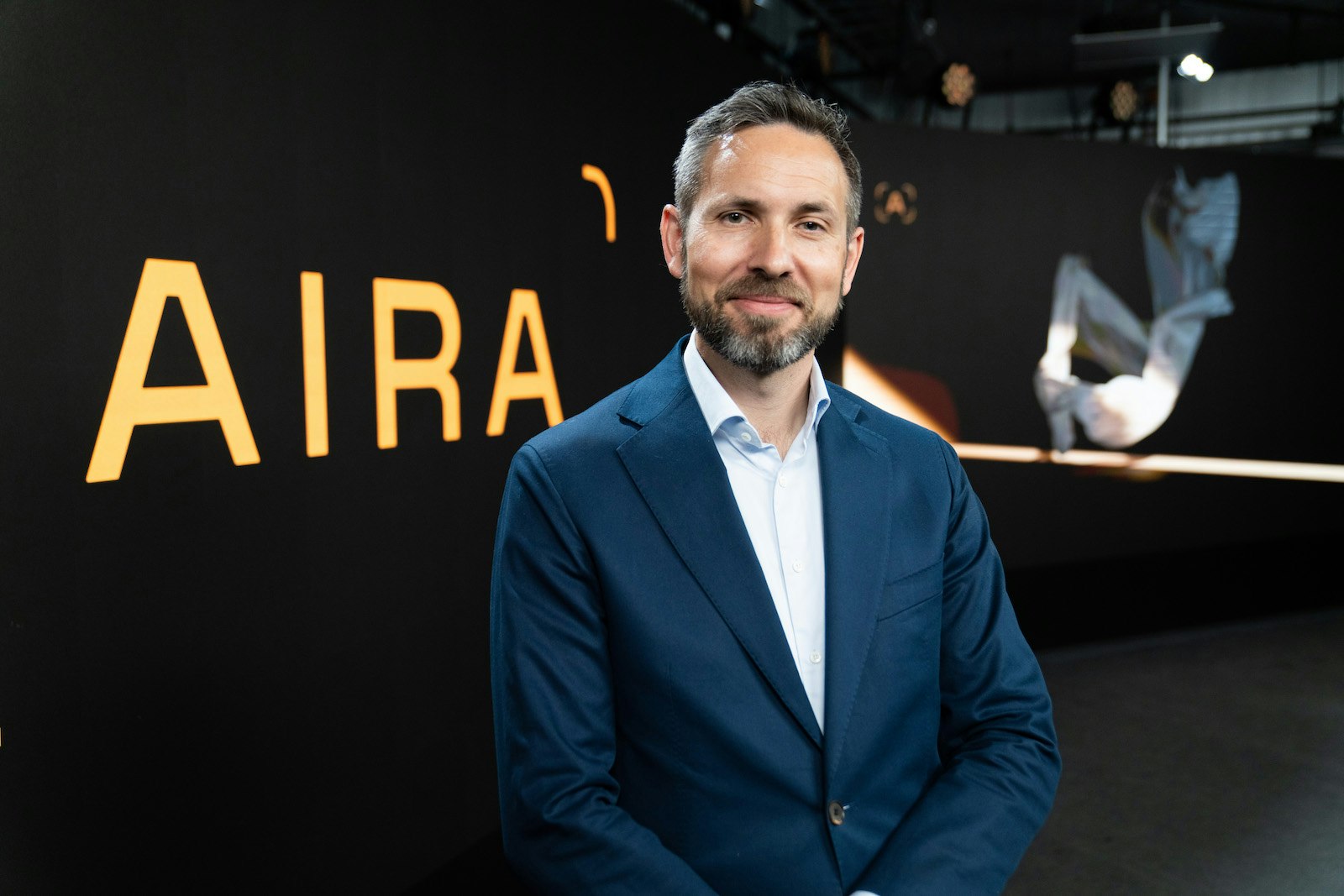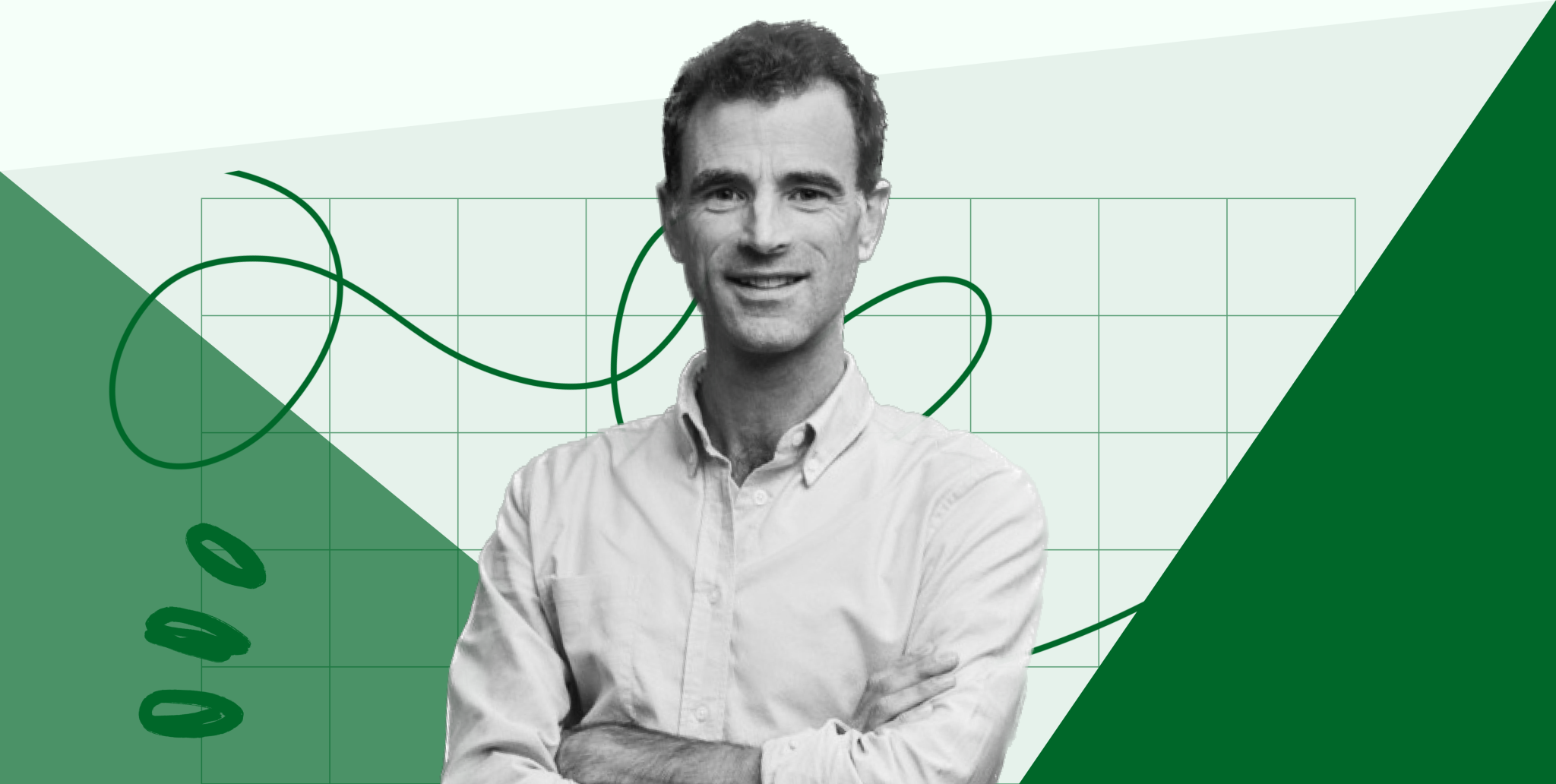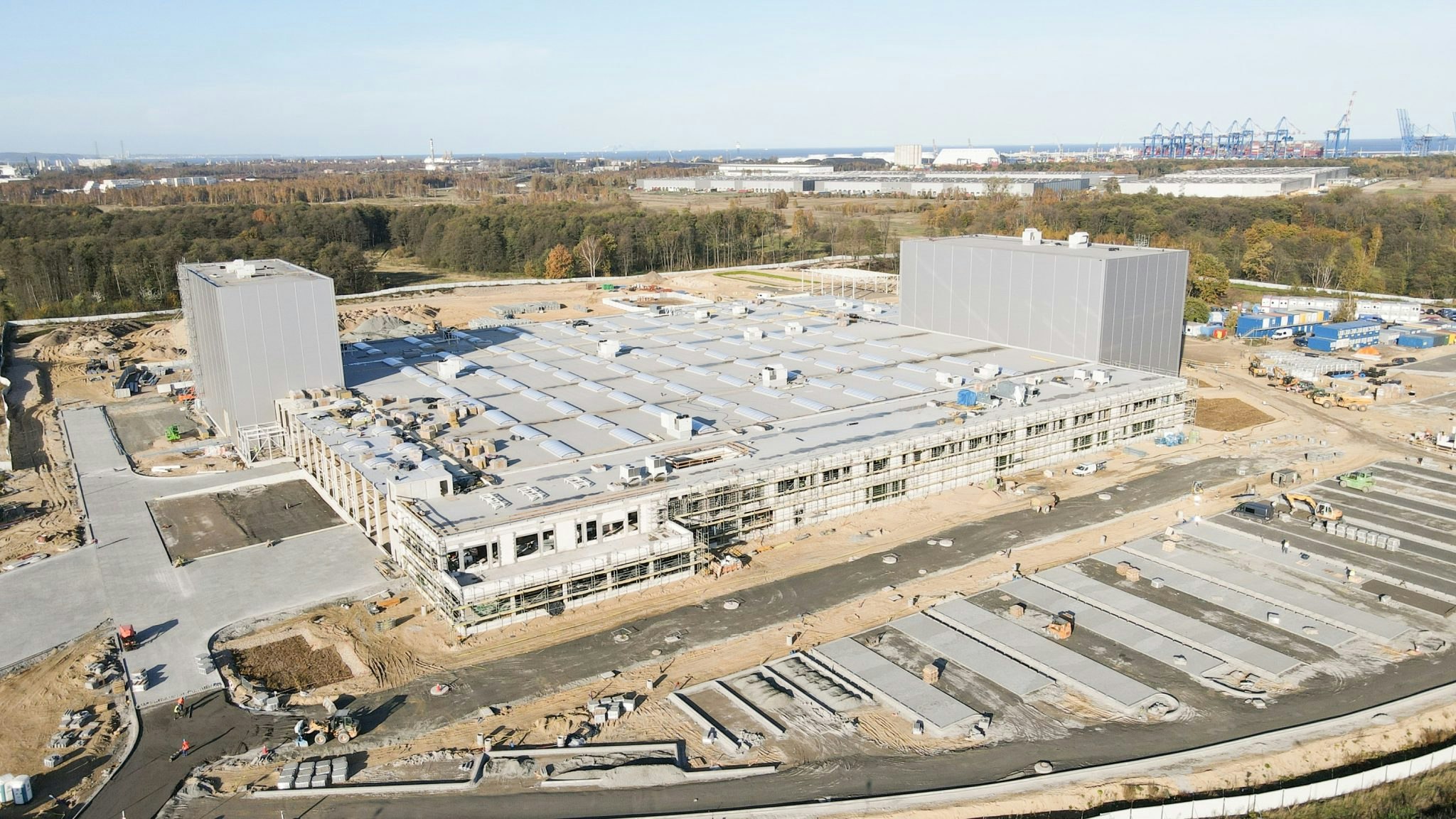Look at an air quality map of Europe on a cold November day and it’s quite possible that you’ll see a flurry of red dots — the sign of dangerously high pollution levels — around the city of Kraków in southern Poland. A few years ago, a village from the area recorded air quality worse than Beijing.
It was in Kraków, during his days there as a physics student, where Wiktor Warchałowski first conceived of the idea for what would become his startup Airly. He wanted to train for a marathon but could only run on days when the air quality allowed, and he quickly realised there weren’t enough sensors to give him the right measurement of pollution levels — so he decided to build his own device.
Six years later, Airly, which provides local authorities and businesses with air quality data, has just raised a $5.5m Series A led by the UK’s firstminute capital and Pi Labs, with participation from angel investors like British entrepreneur Sir Richard Branson, Slack’s cofounder Cal Henderson and Snowflake cofounder Marcin Żukowski.
Air quality issues
Poland, like some other coal-dependent countries from central and eastern Europe, has a longstanding problem with poor air quality.
The main problem in Poland is an out-of-date heating system — many people burn coal and other polluting substances to heat their poorly insulated homes. While the government and local authorities are trying to encourage citizens to install cleaner, modern systems, the skyrocketing prices of energy sources aren't helping. In fact Jarosław Kaczyński, the hard-right leader of Poland’s ruling party, recently told citizens to “burn everything except tyres and similar things” to keep warm.
Air pollution levels exceed the World Health Organisation's standards by hundreds, sometimes thousands, of percentage points as soon as the temperatures get low.
“I’m really pissed off every winter when I have to breathe bad air, in Poland and outside of it,” says Warchałowski.
Airly, which he cofounded with Aleksander Konior and Michał Misiek, is a platform for air quality monitoring and analysis designed for local governments, municipalities and private companies. The startup provides its clients with sensors (the production of which it outsources) to monitor air quality data. This information is then pooled on a dashboard, and allows users to generate reports, create insights and track impact.
“We listened to too many people who told us build this or build that. So we’ve built a [large machine]: right now it’s a complex system of measurement, analysis, processing, displaying, forecasting for the next 24 hours,” says Warchałowski.
The company is focusing on how to translate data into insights. “How can we give data that will help our clients to understand what’s going on and help them make decisions that will improve air quality,” he says, stressing that it could be helpful, for example, in designating low-emission zones in urban areas.
Further expansion
For now, Airly operates in more than 50 countries, mostly in Europe, and has more than 500 clients who pay to use the platform.
Warsaw council, for example, has recently bought 165 of Airly’s sensors — on top of another 100 that had already been deployed around the city. Warchałowski says that such networks allow for very precise air measurement.
With the fresh money, Airly wants to accelerate its expansion into new markets, outside of Poland and the UK. It’ll also continue to work on its technology.
“We’re very much focused on our product. And even though it’s already complex, I’m sure we can provide new functionalities and create more value to our clients,” he adds.
He also says the company wants to pay more attention to providing insights so authorities have a real tool to reduce emissions. “Our mission is to ‘repair the air’ but we know that measurement alone is not enough. Measurement is the first element: one has to diagnose the problem to understand it, but if we diagnose this problem we have to know what to do to improve the situation.”


